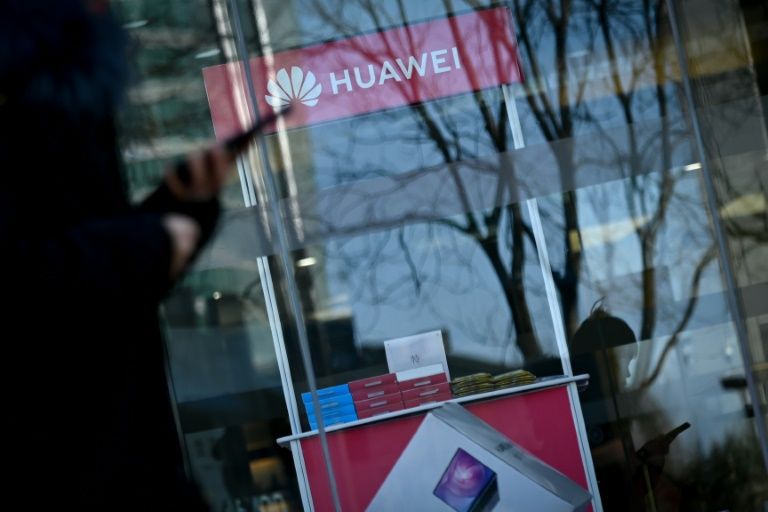The report comes from the vendor diversity task force relating to telecommunications, which was commissioned by the government. The report was commissioned following the announcement last year when the UK government banned Huawei. This came after pressure applied from the US in relation to a 5G equipment supplies.
The consequence is that UK operators have until 2027 to remove existing Huawei equipment from their networks. As part of this transition, the report recommends driving innovation and competition by opening up opportunities to smaller niche vendors.
Looking at the matter for Digital Journal is Positive Technologies cyber telecoms expert Jimmy Jones.
Jimmy Jones explains the background to the issue: “A government task force has said that Britain should use smaller companies’ kit after banning Huawei from the UK’s telecoms infrastructure. This advisory should create commercial opportunities and drive innovation.”
Jones sees the move as leading to technological improvements, noting: “Open ecosystems have many benefits: lower costs, no 2G trap and the democratisation of the market. In addition, monoculture networks like Huawei could be affected by a single piece of bad code, whereas multi-vendor networks will not suffer from this. However, ensuring the security of this abundance of new suppliers could present a problem.”
The task is not, however, straightforward explains Jones: “There will be an enormous amount of work required to vet these smaller, niche suppliers and their services. Many functions driven by 5G applications will be complex and the volumes of applicants will create considerable pressure to certify solutions quickly enough for the market”
For instance, Jones predicts: “New applications develop much faster so need regular updates, especially when their interaction and behaviour towards each other will change over time – the government and operators need to consider the complications of long term maintenance and management processes when implementing innovative technologies. This means software patching, upgrades, configuration, expansion projects and the many other day-to-day activities a network needs.”
Jones cautions that cybersecurity must remain a central goal: “Diversity in the market is absolutely the way to go, but only if an independent and comprehensive security overlay exists to ensure end to end protection. This probably needs to be artificial intelligence or machine learning based, in order to keep up with the functions of new services and applications and the security risks they present. Openness may present more challenges (security or cyber security are just one of them), but at the same time, once being visible, understood and resolved these challenges make technology stronger, more developed, more trusted.”














